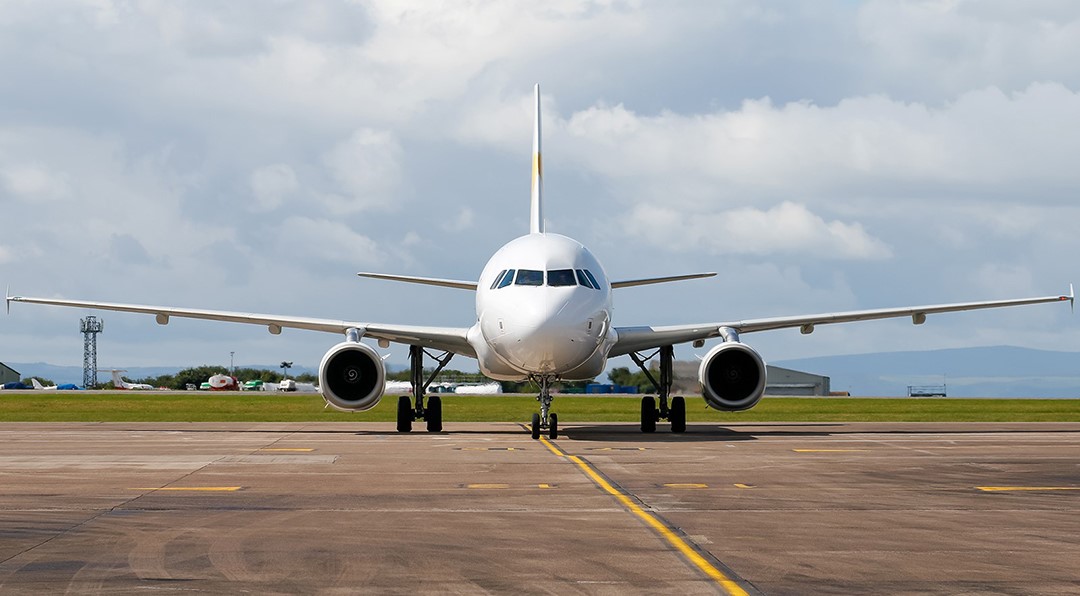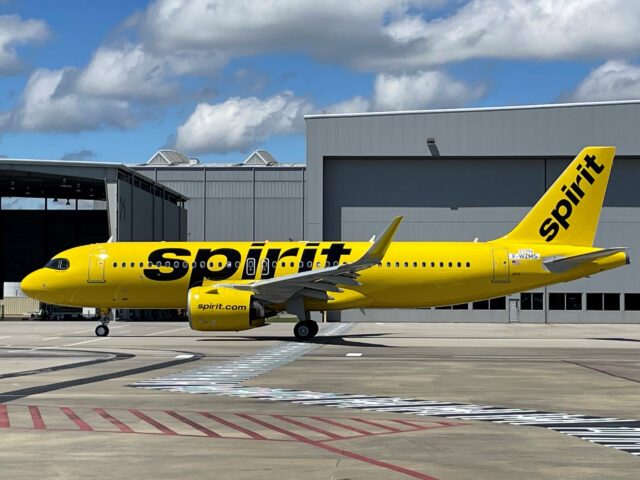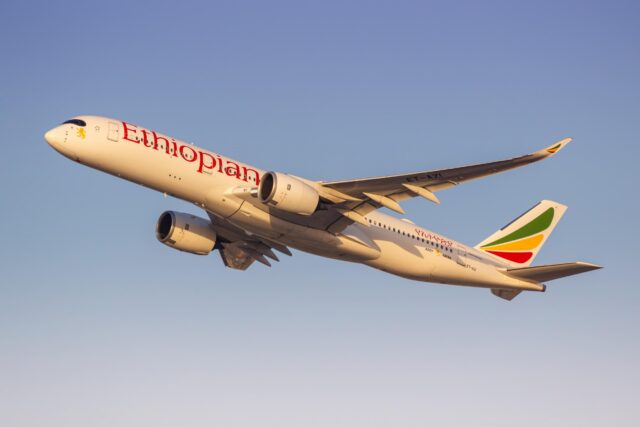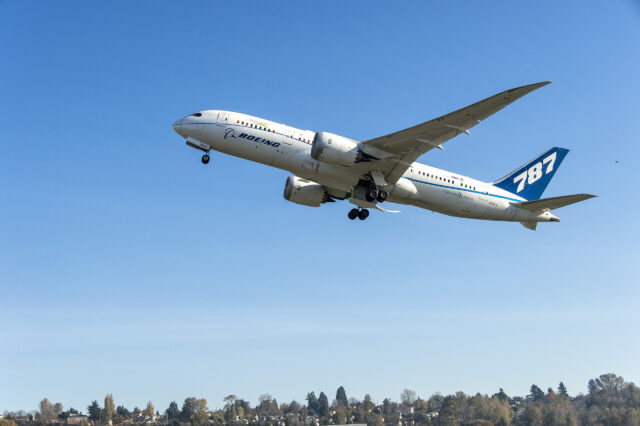P&W engine issues predicted to cost airBaltic €40 million across 2024
August 15, 2024

Latvian national airline airBaltic has reported a net loss for the first half of 2024 despite a “record-breaking” six months, with Pratt & Whitney engine shortages contributing to a preliminary H1 2024 loss of €88.8 million. The engine issue alone is predicted to cost the airline €40 million in 2024 alone.
In a strong showing, the airline’s revenue during the first six months of 2024 was up 16% year-on-year to a record €339 million, fueled in part by an 11% increase in the number of passengers carried (reaching more than two million). “airBaltic’s performance in H1 demonstrates the airline’s resilience and capability to adapt and thrive in a challenging market environment,” explained president and CEO Martin Gauss, who attributed the strong first half of the year to “an increase in flights and passengers, enhanced efficiency, and a dedicated focus on customer service”.
airBaltic’s total revenue for the half-year stands at €339.3 million, up 16.5% from the same period in 2023. The number of flights performed increased by nearly 12% to 34 thousand, setting a record for the airline, with load factor also rising two percentage points to 77%.
However, “despite the positive figures, airBaltic experienced a net loss primarily due to the anticipated Pratt & Whitney engine shortage in 2024, accelerated costs driven by engines undergoing full interval shop visits ahead of schedule – partly caused by the powdered metal issue – as well as currency depreciation,” explained Gauss.
Despite the ongoing engine situation – with manufacturing defects in metallic components continuing to require the accelerated inspection of P&W GTF engines “significantly earlier than previously expected” – utilisaiton of airBaltic’s aircraft grew 0.6% in the second quarter (but was down 5.1% overall over the six-month period). Network utilization has been negatively affected due to cycle preservation for peak summer, explained airBaltic, which (as predicted) notes that engine shortage is continuing to increase. Consequentially, the number of its fleet on the ground – which had incrementally reduced throughout 2023 to just three units in Q1 2024 – rose to six AOG in Q2.
The negative impact for the full year 2024 is currently estimated at €40 million, while the impact between 2024 and 2028 is currently predicted to be in the region of €80 million. This engine issue will continue “for one to two years, with improving trend,” added airBaltic, which noted that the finalization of a ‘power by the hour’ (FMP) engine agreement would “ensure long term cost predictability”.
















